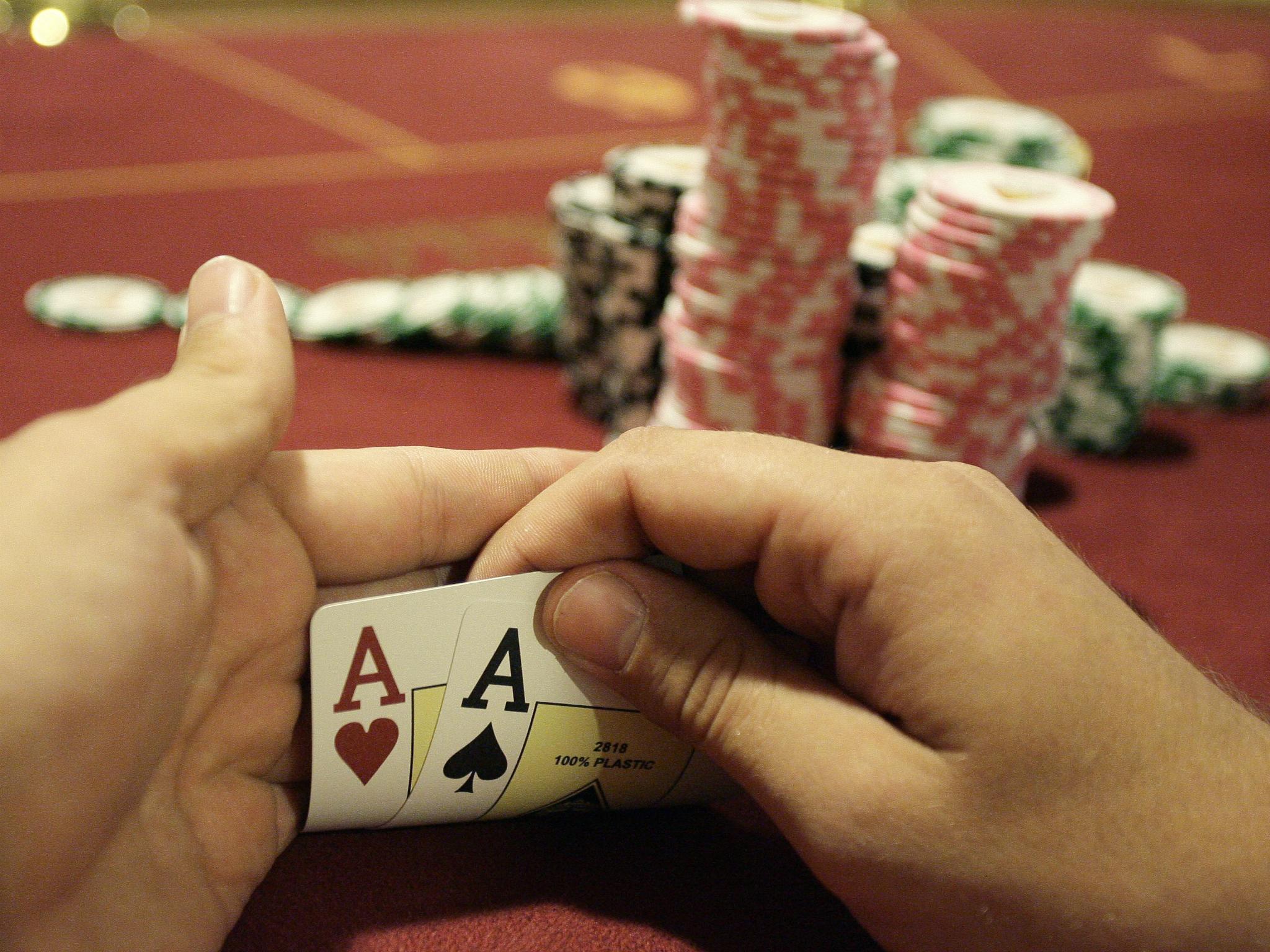AI victory over pro poker players hailed as milestone as computer learns to successfully trick humans
'The best AI’s ability to do strategic reasoning with imperfect information has now surpassed that of the best humans'

Artificial intelligence has reached a new milestone, with a program beating four professional players in a poker tournament lasting 20 days.
Libratus, an AI program developed by a team of researchers at Carnegie Mellon University, took on Dong Kim, Jimmy Chou, Daniel McAulay and Jason Les at no-limit Texas Hold’em in a Pittsburgh casino, eventually taking $1.76 million (£1.4 million) in chips.
It’s been hailed as a milestone for AI, with Libratus co-creator Tuomas Sandholm declaring, “The best AI’s ability to do strategic reasoning with imperfect information has now surpassed that of the best humans.”
In pictures: Artificial intelligence through history
Show all 7Its human opponents had been sharing notes in an effort to expose Libratus’ weaknesses, but the AI grew stronger as the tournament went on.
“After play ended each day, a meta-algorithm analyzed what holes the pros had identified and exploited in Libratus’ strategy,” explained Sandholm. “It then prioritized the holes and algorithmically patched the top three using the supercomputer each night.
“This is very different than how learning has been used in the past in poker. Typically researchers develop algorithms that try to exploit the opponent’s weaknesses. In contrast, here the daily improvement is about algorithmically fixing holes in our own strategy.”
Chou described the situation from the humans’ perspective. “The bot gets better and better every day,” he said. “The first couple of days, we had high hopes. But every time we find a weakness, it learns from us and the weakness disappears the next day.”
AI programs have conquered human opposition in games of chess and Go in the past, but poker is different because players don’t get to see each other’s hands and bluffing is central to the game.
“The computer can’t win at poker if it can’t bluff,” said Frank Pfenning, the head of the computer science department at CMU. “Developing an AI that can do that successfully is a tremendous step forward scientifically and has numerous applications.
“Imagine that your smartphone will someday be able to negotiate the best price on a new car for you. That’s just the beginning.”
Fortunately for the humans, the event didn’t leave them out of pocket as well as defeated, as they each took home a share of the $200,000 prize pool.
Subscribe to Independent Premium to bookmark this article
Want to bookmark your favourite articles and stories to read or reference later? Start your Independent Premium subscription today.

Join our commenting forum
Join thought-provoking conversations, follow other Independent readers and see their replies